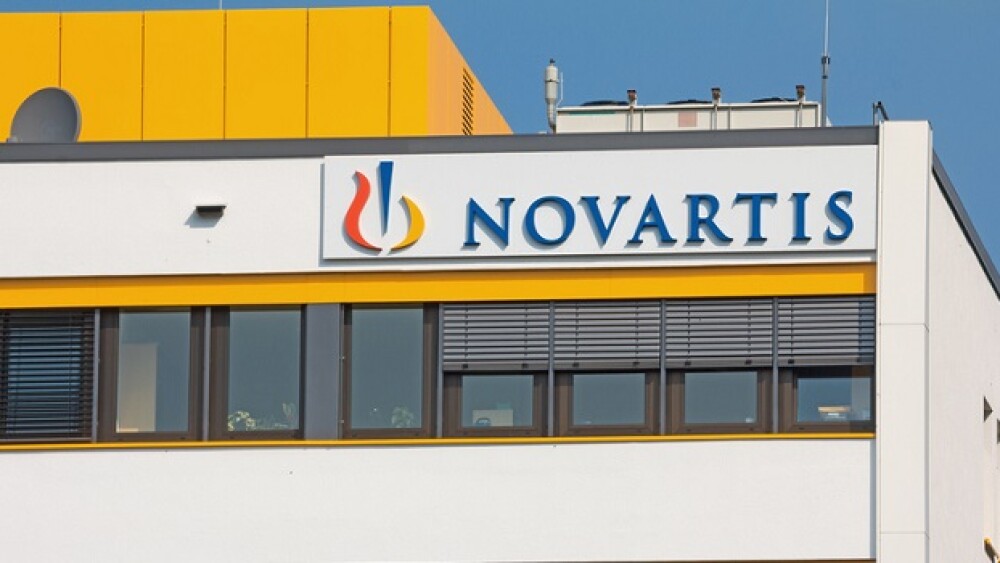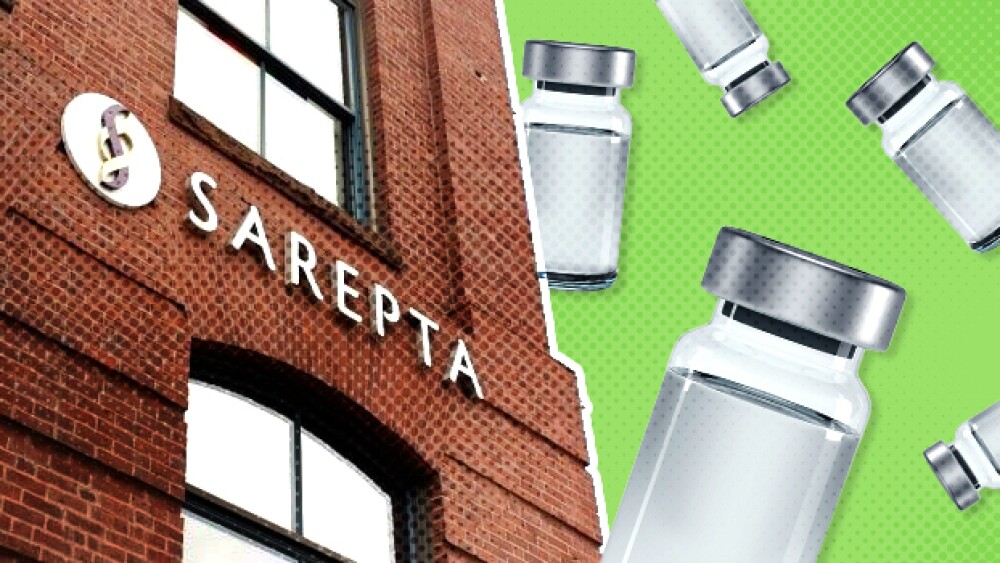June 20, 2016 (Last Updated: June 21, 2016, 10:30am PT)
By Alex Keown, BioSpace.com Breaking News Staff
WASHINGTON – Despite her announced plans to implement some form of federal price controls for prescription medicine if she is elected President of the United States, presumptive Democratic nominee Hillary Clinton enjoys strong financial support from the pharmaceutical industry.
So far Clinton, who is likely to square off against presumptive Republican nominee Donald Trump in November, has raised more than $2.9 million from individuals employed by the pharmaceutical and health care industries, according to data compiled from Federal Commission disclosure forms. In total, Clinton has about $190 million from individual contributors.
Donations came from individuals working for the top 15 companies involved in health care and the pharmaceutical industries, including companies like Johnson & Johnson and Kaiser Permanente.
Clinton’s donations from that industry sector were double that of her democratic rival, Bernie Sanders, and greater than all of the Republican presidential candidates combined, Reuters reported this morning. The donors tended to come from the upper echelons of the industry, including titles like director, managers, attorneys and executives, Reuters said. Although few donors spoke on the record to Reuters, they did indicate their reasons for throwing their financial weight behind the Democrat. The donors said her industry policies are more transparent than that of Trump and she is more supportive of international trade than her political rivals, Reuters said.
Last fall, Clinton announced her intentions to cap the price of prescription drugs following Martin Shkreli’s purchase of the 65-year-old toxoplasmosis drug, Daraprim, and increasing its price 5,000 percent. Clinton proposed to cap monthly out-of-pocket costs for prescription drugs at $250. Additionally, Clinton’s campaign said she would also seek to curb the amount of money drug companies can spend on advertising. The campaign said part of the plan would also seek to ensure federal regulation through the U.S. Food and Drug Administration that would ensure all prescription drug advertisements would provide “clear information to consumers.”
Pharmaceutical companies are no stranger to navigating the electoral pathways of Washington, D.C. Many of the companies have their own political action committees which can contribute financially to candidates. According to organizational information from the FEC, some of those individual company PACs include:
• Alexion Pharmaceuticals, Inc. PAC
• BioMarin PAC
• Endo Pharmaceuticals PAC
• Otsuka U.S. PAC
• Purdue Pharma Inc. PAC
• Regeneron PAC
• Shire Viropharma Inc. PAC
• Patheon Pharmaceuticals PAC
• Takeda PAC
• Shire Pharmaceuticals Inc. PAC
• Novartis Pharmaceuticals Corporation PAC
• Bristol-Myers Squibb Company PAC
• Aventis Pharmaceuticals PAC
• Millennium Pharmaceuticals PAC.
While Clinton and her capping plan are enjoying pharma donations on the national political stage, some of those companies are using their financial and political resources to fight a proposed prescription price cap plan in California. Pharmaceutical giants Merck , Pfizer and Johnson & Johnson are fighting a ballot initiative that would cap the amount California state agencies pay for prescription drugs. The ballot measure, which will be placed before voters in November, would tie the amount of money state agencies pay for medication to the same amount that the U.S. Department of Veterans Affairs pays. Called the “Drug Price Relief Act Initiative, the measure is a voter-led initiative that would apply to “any program where the state is the ultimate payer for a drug, even if the state does not purchase the drug directly,” according to the language of the ballot initiative. Last year, the state of California spent approximately $5.2 billion on prescription drugs.





